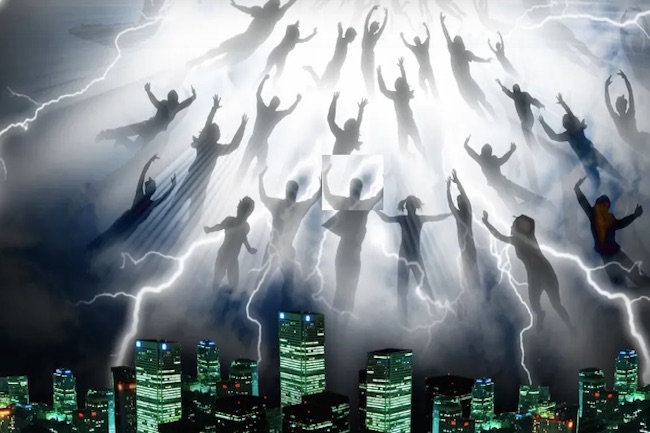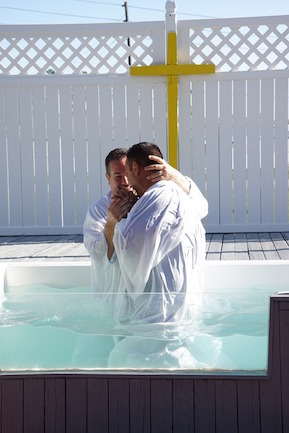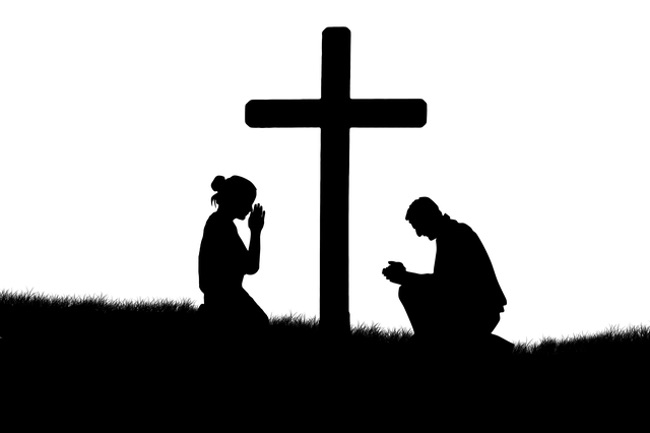WHERE IS GOD? TURNING FROM HOPELESS QUESTIONS TO A GOD OF HOPE by Stephen Roberts for Core Christianity
I grew up in a broken home, and for years, suffering was much more real to me than God and his love. Depression still visits me on occasion, like an unwelcome friend. When I suffer, it feels like several things are happening at once: As I try to make sense of the circumstances that trigger my pain, my hope is quickly clouded by confusion and despair. It feels like my very life is sucked out of me, which is what we mean when we say people are paralyzed by anger, anxiety, or depression. Ultimately, I am tempted to question God.
Perhaps you’ve been there, too.
Weighed down with heartache, unable to see hope or even move, we wonder where God is in our mess. With our raw emotions in hand, we then use the uncertainty of our circumstances to start building our case against God. At first, this might seem like a good-faith effort to understand, but it usually ends up cutting off our most important lifeline to hope.
Support Our Site

Now is your chance to support Gospel News Network.
We love helping others and believe that’s one of the reasons we are chosen as Ambassadors of the Kingdom, to serve God’s children. We look to the Greatest Commandment as our Powering force.
If this story is in any way like your own, here are a few tips to help you fight for hope:
- Recognize that our own bias tends toward self-destruction. When we’re suffering, it’s not like we’re carefully studying God in the classroom or library. We’re motivated by our hurt and guided by our wounds. Our vision of what is true and good and beautiful is murky. In a sense, we’re taking all the things that are uncertain and hurting us and working our way up to God to define him by them. We’re defining the light that alone could help us by the darkness that surrounds us.
- Start with what we know to be true. Does it make sense to start with what we don’t know to define the God we do know? Instead, consider from the outset what we do know about our God—his character, his heart for sinners, his saving works for his people over time, his care for us in times past. We can find most of these things in his word, which is a lamp to our feet and a light to our path (Ps. 119:105). Through his word, the Lord will guide our steps amid our darkness. Let’s start with the Lord we know and work our way back down to what we don’t. It’s more important to know who he is than what he is doing.




